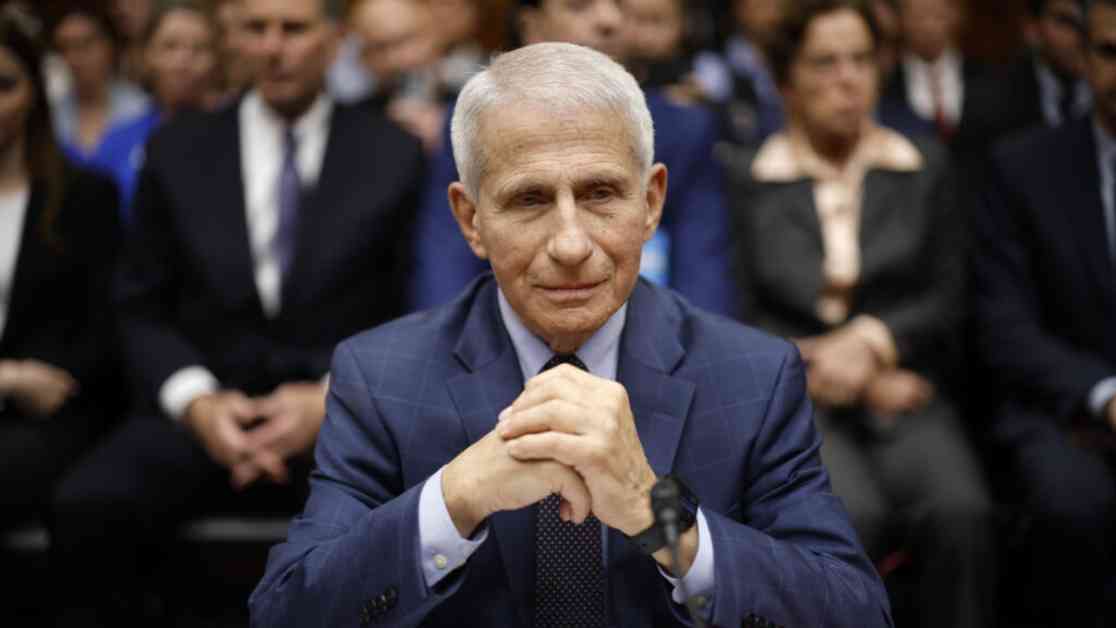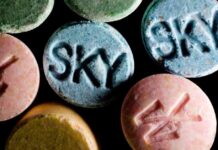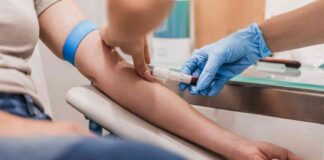Anthony Fauci, the renowned infectious disease expert and former head of the National Institute of Allergy and Infectious Diseases, is currently recuperating at home after a recent hospitalization due to a West Nile virus infection. Fauci, a key figure in the U.S. Covid-19 response, spent six days in the hospital as medical professionals worked to determine the cause of his illness. Initially suspected to be a bacterial infection or a tick-borne disease, a blood test revealed that Fauci was “strongly positive” for West Nile virus, a flavivirus that is spread by infected mosquitoes.
In an interview, Fauci, who is 83 years old, expressed that he had never been as sick in his life. He described the experience as feeling like he had been “hit by a truck” and emphasized that this illness was the most severe he had ever encountered. West Nile virus is a significant concern as there is currently no vaccine to prevent it, and specific antiviral drugs for treatment are not available. Severe cases may require supportive care such as intravenous fluids and pain medications.
West Nile virus is a leading cause of mosquito-borne illness in the United States, with a peak in infections typically observed during August and September. While the majority of individuals infected with the virus do not exhibit any symptoms, those who do may experience fever, headache, joint pain, vomiting, and diarrhea. Older adults, particularly those aged 60 and above, are at a higher risk of developing severe illness if infected. In rare cases, the virus can affect the central nervous system, leading to conditions such as encephalitis or meningitis, which can be fatal.
Despite the severity of his illness, Fauci mentioned that he did not develop the neurological form of the virus. He recounted feeling weak and fatigued two weeks prior to being hospitalized, initially attributing his symptoms to a common upper respiratory infection. However, as his condition worsened, Fauci sought medical attention and was admitted to the hospital on August 16. During his hospital stay, he experienced high fever and persistent shaking chills, which significantly impacted his physical well-being.
While Fauci has been discharged from the hospital, he acknowledged that the road to recovery would be gradual and would require ample rest. He expressed optimism about his progress but recognized that it would take weeks for him to regain his strength fully. Fauci emphasized the debilitating nature of West Nile virus, noting that it can take a toll on the body and necessitate a period of recuperation.
Subheadings:
Understanding West Nile Virus
West Nile virus is a flavivirus that belongs to a viral family encompassing other notable pathogens like St. Louis encephalitis virus, Japanese encephalitis virus, and Powassan virus. This group of viruses poses significant public health challenges due to their transmission by mosquitoes, making them a threat to human populations. While West Nile virus primarily circulates among birds, mosquitoes act as vectors that can transmit the virus to humans through bites.
Risk Factors and Symptoms
Individuals who contract West Nile virus may exhibit a wide range of symptoms, from mild flu-like conditions to severe neurological complications. The elderly, along with individuals with weakened immune systems, are particularly vulnerable to developing severe forms of the illness. Symptoms of West Nile virus infection can manifest as fever, headache, body aches, and fatigue, mimicking common viral illnesses. However, in more severe cases, individuals may experience neurological symptoms such as confusion, muscle weakness, and seizures, indicating potential involvement of the central nervous system.
Prevention and Treatment
Given the absence of a specific vaccine for West Nile virus, prevention strategies focus on reducing mosquito exposure and implementing personal protective measures. This includes wearing long sleeves and pants, using insect repellent, and eliminating standing water where mosquitoes breed. In cases where individuals do develop symptoms of West Nile virus, supportive care remains the primary mode of treatment. This involves managing symptoms, providing hydration, and ensuring adequate rest to facilitate recovery.
As Fauci continues his recovery journey at home, his experience serves as a reminder of the unpredictable nature of infectious diseases and the importance of vigilance in safeguarding public health. His resilience and determination in overcoming this challenging ordeal are a testament to his unwavering commitment to advancing scientific knowledge and promoting health and well-being for all.


















